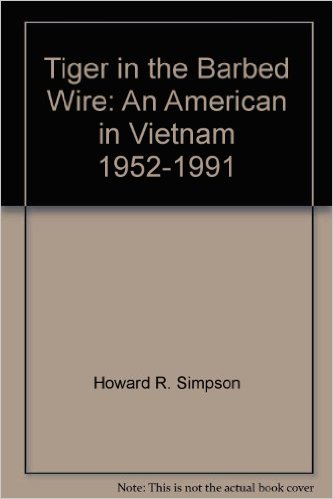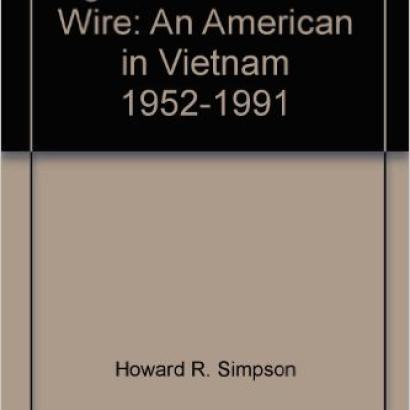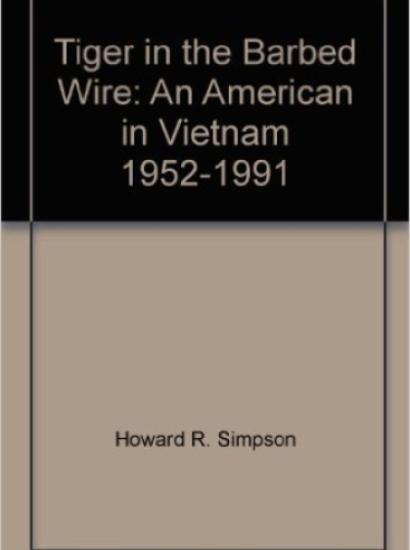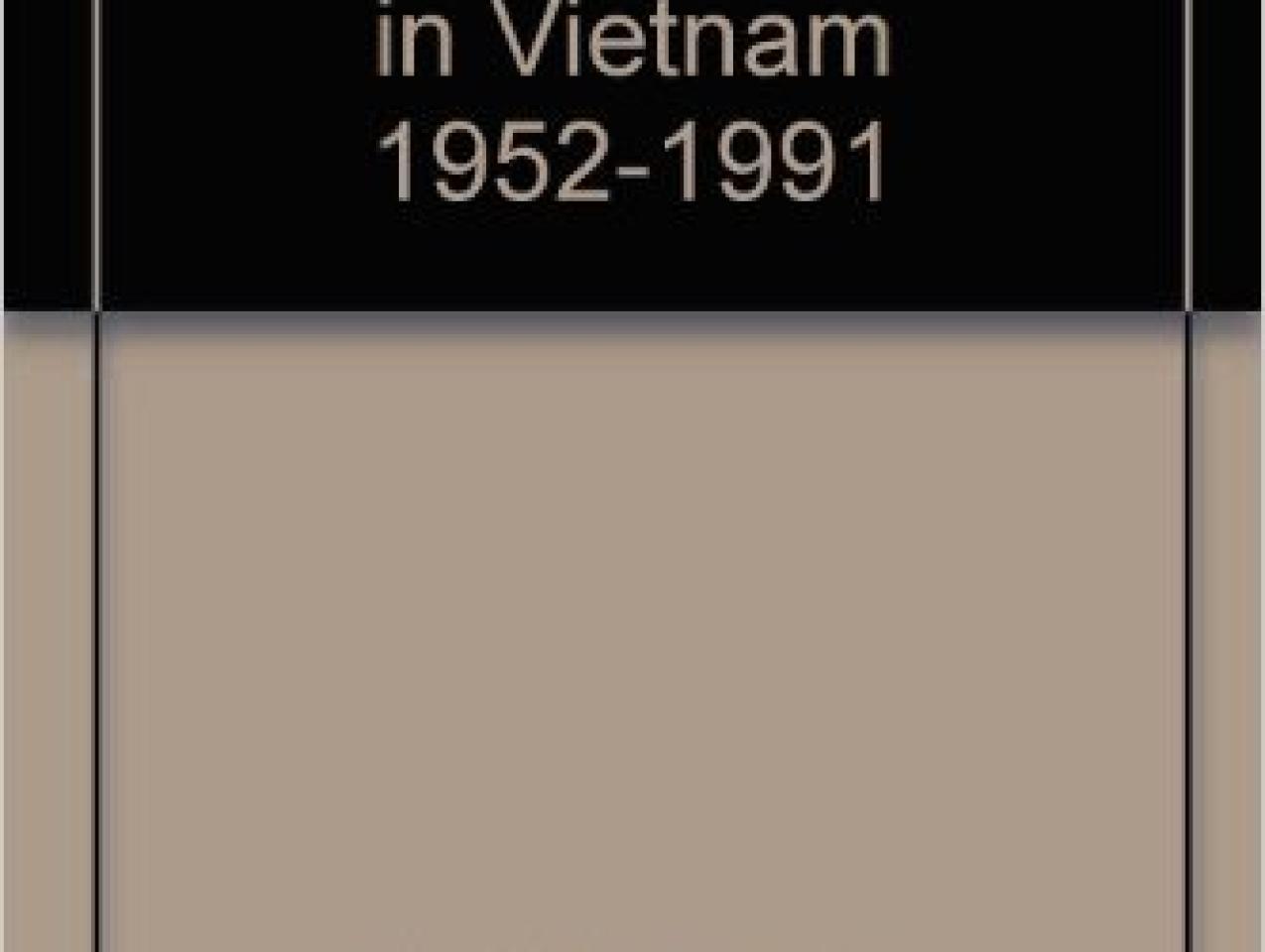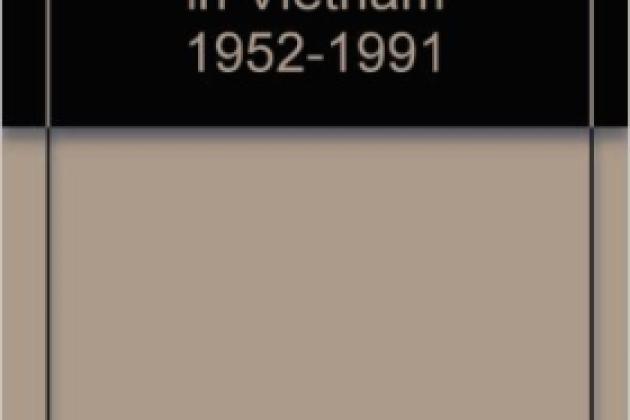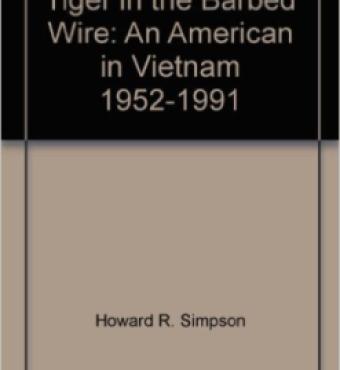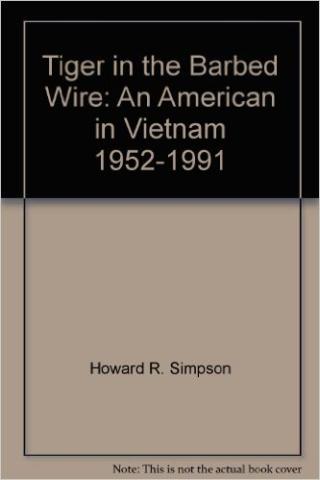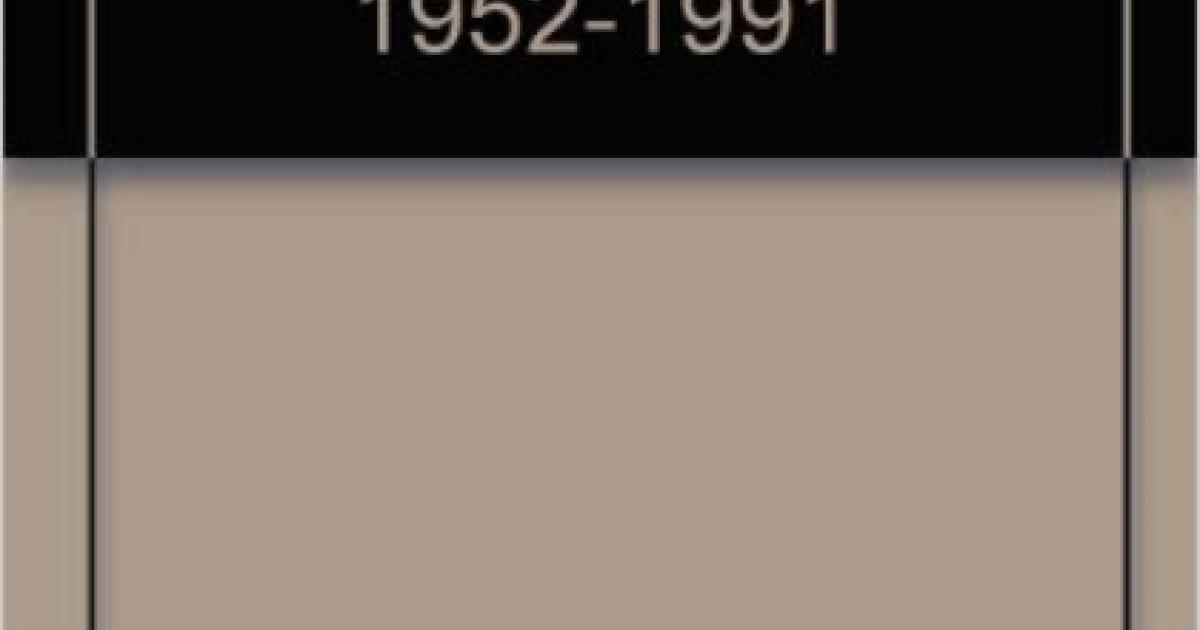- History
- Military
Howard R. Simpson is one of the best memoirists you probably have never heard of—unless you happen to be a historian of the Vietnam War. He was a Foreign Service officer who worked for the U.S. Information Agency and, after retirement, became a novelist. He first went to Vietnam in 1952 as a press officer for the U.S. Embassy. That was in the days when the French were still fighting to maintain their colonial regime. In 1954, after the French defeat at Dien Bien Phu and the partition of the country, Simpson became press advisor to newly appointed prime minister Ngo Dinh Diem. He left the country in 1955 but returned in 1964, after Diem’s assassination, to become press adviser to one of his successors, General Nguyen Khanh. He stayed in that post for a year, and later made brief visits in 1971 and 1991. Few others have provided as vivid and intimate an account of America’s long involvement in Indochina.
Simpson plunges readers into the reality of Vietnam from the very first pages where he describes the scent of Saigon: “It was a mix of fragrance from balcony flowers and plants; the pungent miasma of the distant mangrove swamps only slightly diluted by the breeze from the Saigon River; a whiff of copra from the docks; the smell of sun-softened macadam; and the aromas of grilled food, nuoc mam, garlic, strong coffee and black tobacco.” In the course of his assignments Simpson traveled widely—including to Dien Bien Phu when it was still in French hands—and met everyone who mattered, from Vietnamese leaders to visiting celebrities such as the brilliant if anti-American novelist Graham Greene. In 1954, for example, he and Greene were the only passengers aboard a small French army plane “with the spindly features of an oversized mosquito.” “Graham Greene and I exchanged a cool acknowledgment,” he wrote. “It took no great perceptivity to sense Greene’s displeasure at being paired with an ‘official’ American.”







